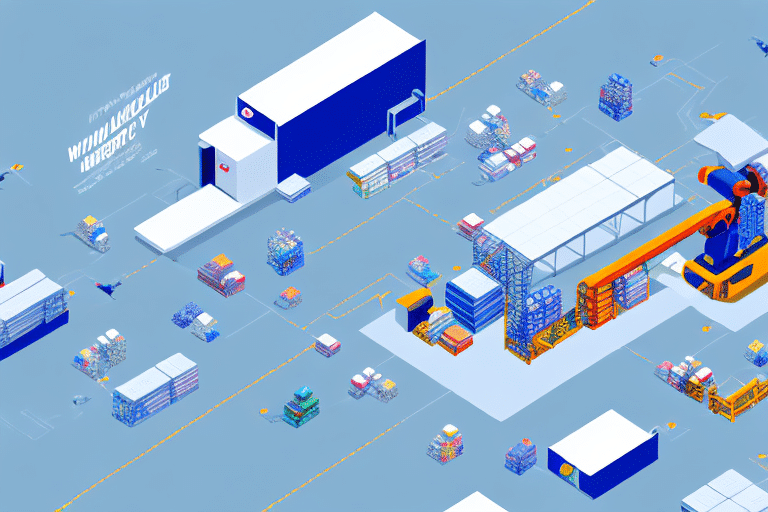Introduction to Retail Supply Chain Analytics
The retail industry faces the ongoing challenge of meeting evolving consumer demands while maintaining efficient operations. Effective management of supply chain processes, from sourcing raw materials to delivering finished products, is crucial. Supply chain analytics empower retailers to identify improvement areas, optimize operations, and enhance the overall customer experience.
By leveraging real-time inventory tracking, retailers can prevent stockouts and overstocking, leading to reduced costs and increased sales. Additionally, analytics help in mitigating risks such as supplier disruptions, transportation delays, and quality control issues, ensuring business continuity and customer satisfaction.
Predicting Consumer Demand and Optimizing Inventory Management
Leveraging Predictive Analytics for Accurate Forecasting
Predictive analytics play a pivotal role in forecasting consumer demand, enabling retailers to order the right quantity of products. This reduces the likelihood of stockouts and excess inventory, optimizing costs and improving profitability.
Identifying Consumer Behavior Trends
Analyzing data from sales history, social media, and website traffic allows retailers to uncover trends and patterns in consumer behavior. This insight helps in tailoring inventory levels to meet demand fluctuations and seasonal variations.
Personalizing the Shopping Experience
Data analytics facilitate the personalization of shopping experiences by understanding individual customer preferences. Retailers can offer personalized recommendations and promotions, enhancing customer loyalty and driving sales.
Enhancing Logistics and Operations Efficiency
Optimizing Delivery Routes and Reducing Shipping Costs
Logistics analytics enable retailers to assess delivery network performance, optimize routes, and choose cost-effective shipping methods. This leads to reduced shipping costs and faster delivery times, enhancing customer satisfaction.
Real-Time Inventory Monitoring
Tracking inventory levels in real-time helps retailers manage stock more effectively, preventing stockouts and minimizing excess inventory. This real-time visibility supports informed decision-making regarding reordering and inventory allocation.
Selecting Cost-Effective Shipping Methods
Analyzing shipping data allows retailers to identify the most efficient carriers and shipping options for different product types. This strategic selection helps in lowering transportation costs while ensuring timely and safe deliveries.
Risk Management and Mitigation through Predictive Analytics
Identifying Potential Supply Chain Risks
Predictive analytics assist retailers in identifying risks such as supplier disruptions, natural disasters, and economic instability. Proactively addressing these risks helps in maintaining smooth operations and minimizing business interruptions.
Optimizing Supply Chain Operations
By analyzing supplier performance, inventory levels, and customer demand, retailers can streamline their supply chain processes. This optimization leads to increased efficiency, reduced risks, and improved profitability.
Harnessing IoT and Real-Time Data for Enhanced Decision-Making
Implementing IoT Sensors for Real-Time Tracking
The Internet of Things (IoT) enables real-time tracking of goods throughout the supply chain. IoT sensors provide valuable data on inventory movement, helping retailers maintain optimal stock levels and reduce waste.
Improving Operational Efficiency with Real-Time Insights
Real-time data collected from IoT devices allows retailers to make informed decisions swiftly. This enhances operational efficiency, reduces delays, and improves overall supply chain performance.
Utilizing Sales and Social Media Analytics for Strategic Growth
Enhancing Productivity and Increasing Revenue with Sales Analytics
Sales analytics offer insights into product performance, identifying top sellers and underperforming items. This information helps retailers optimize product offerings, improve productivity, and boost revenue.
Analyzing Social Media Trends and Consumer Behavior
Social media analytics provide valuable data on consumer opinions and trends. By monitoring competitors and understanding consumer sentiment, retailers can refine their marketing strategies and product offerings to stay competitive.
The Future of Retail Supply Chain Analytics
The retail industry is rapidly evolving, with supply chain analytics becoming increasingly integral to its success. Future trends include a greater focus on sustainability, with analytics helping retailers reduce their carbon footprint and minimize waste. Additionally, improving product quality through data-driven insights will enhance customer satisfaction and reduce costs associated with returns and warranties.






















